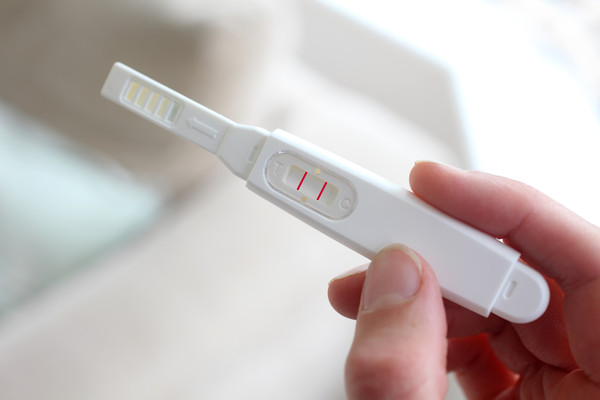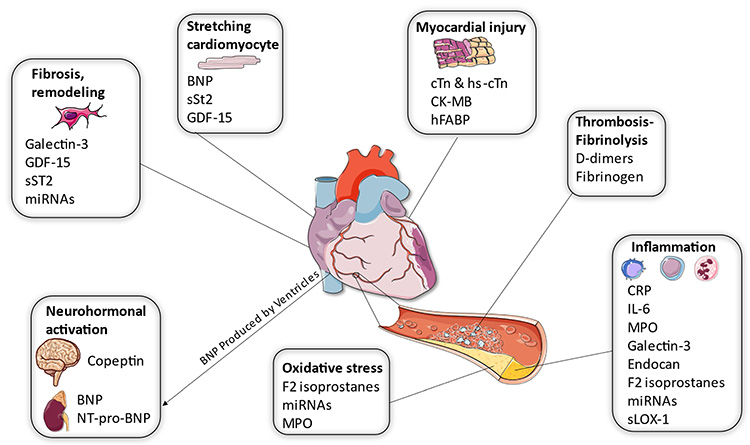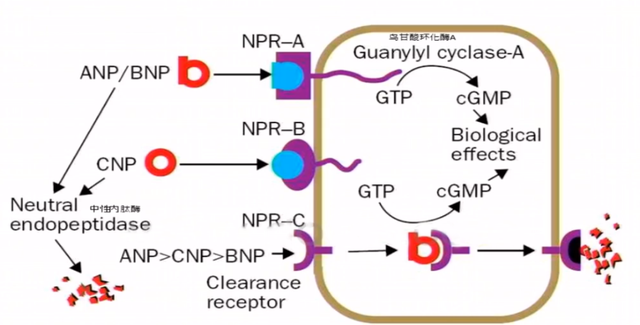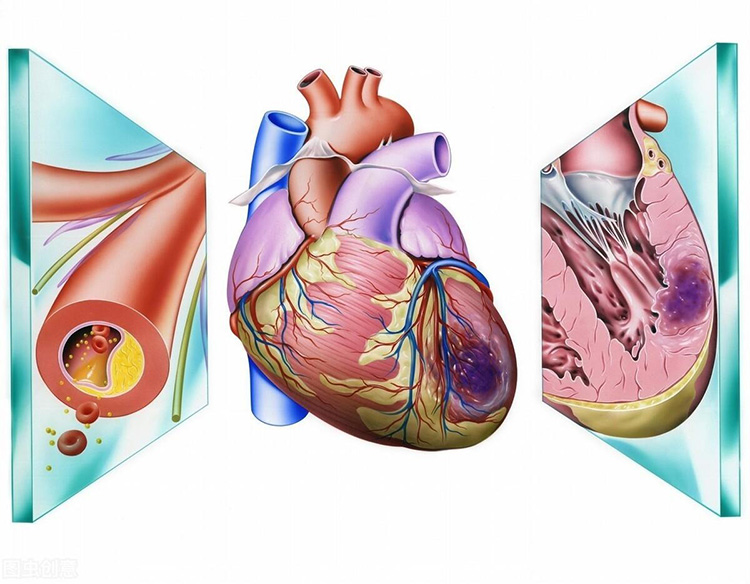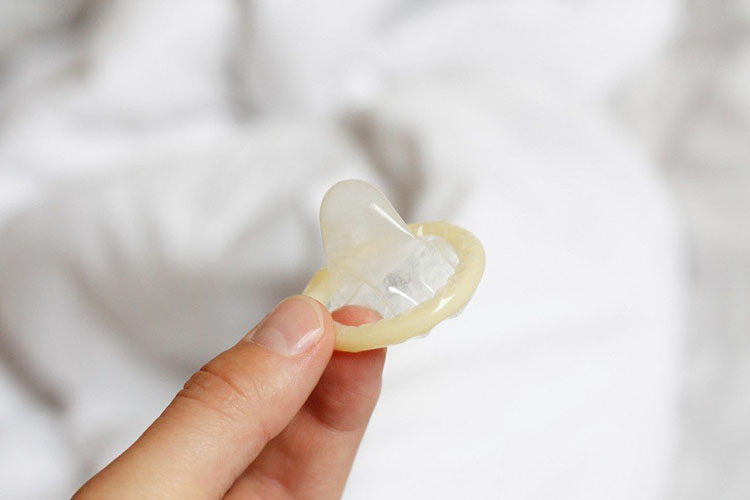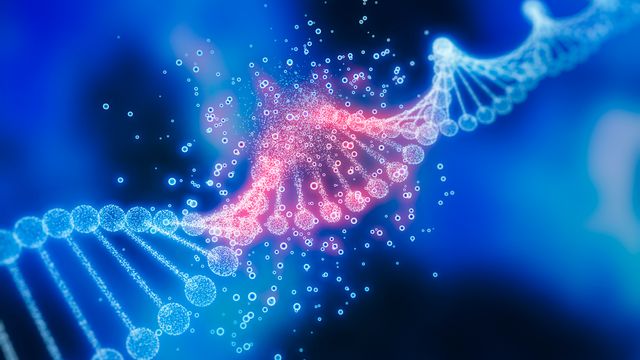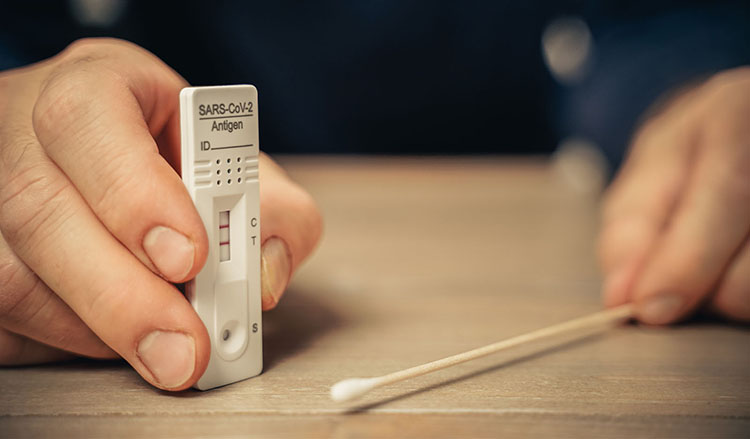How Soon Can You Detect Pregnancy with a Test Kit? A Comprehensive Guide to Detection Principles and the Best Timing
Pregnancy is a significant physiological change in a woman's life, and many women wish to confirm their pregnancy as early as possible. Pregnancy test kits are the most convenient and cost-effective tools for self-testing, widely used in home settings. So, how soon after conception can a pregnancy test detect pregnancy? In this article, we will answer this question and introduce the innovative diagnostic technologies in the life sciences field.
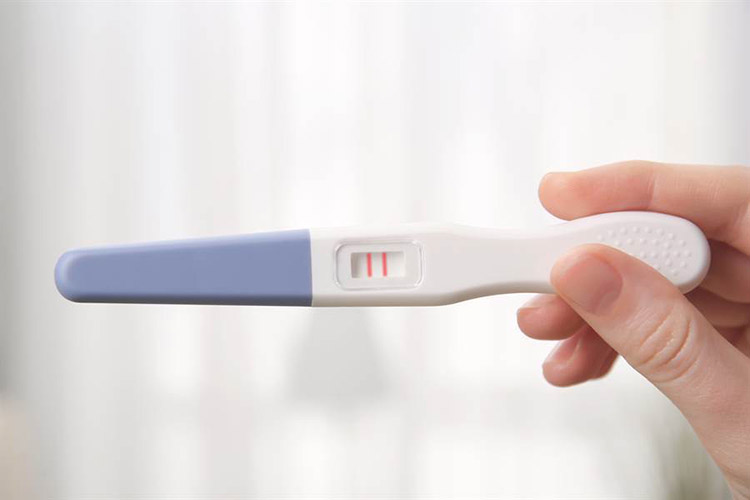
Principles of Pregnancy Test Kits
Pregnancy test kits work by detecting the level of human chorionic gonadotropin (hCG) in urine to determine pregnancy. hCG is a hormone secreted by the placenta, and its concentration increases rapidly in the body after the fertilized egg implants in the uterus.
How Soon After Conception Can a Test Kit Detect Pregnancy?
Generally, pregnancy test kits can detect pregnancy 7-10 days after conception. However, the exact timing depends on the following factors:
Ovulation and Fertilization Timing: If ovulation and fertilization occur later, it may take longer for the hCG concentration to reach detectable levels in the urine.
Implantation Timing: Pregnancy test kits typically detect hCG after the fertilized egg implants in the uterus, but implantation timing varies from person to person. In most cases, implantation occurs between 6-12 days after ovulation.
Test Kit Sensitivity: Different brands of pregnancy test kits have varying sensitivity levels. The higher the sensitivity, the earlier the test can detect pregnancy, even at lower hCG concentrations. Typically, over-the-counter tests have a sensitivity range of 20-50 mIU/ml. The lower the value, the earlier the test can detect pregnancy.
When is the Best Time to Use a Pregnancy Test?
To ensure accurate results, it is recommended to wait until one week after a missed period before taking a pregnancy test. At this point, hCG levels are usually high enough for the test to detect pregnancy reliably. If the result is negative but the period still hasn't arrived, it is advisable to retest in a week or consult a healthcare provider for a blood test.
Technological Innovations in the Life Sciences Field
As a company focused on the development of rapid diagnostic products in the life sciences sector, NOPAINBIO is committed to providing innovative health testing technologies and products for consumers worldwide. The company specializes in medical healthcare, biopharmaceuticals, disease control rapid tests, and home health diagnostics, with a strong focus on the development and application of rapid diagnostic products.
1. High-Sensitivity Pregnancy Test Kits
NOPAINBIO has developed high-sensitivity pregnancy test kits that use cutting-edge biotechnology, offering greater accuracy and reliability. Whether for early pregnancy detection or traditional pregnancy tests, NOPAINBIO's kits provide rapid, trustworthy results, making them a valuable tool for women who are trying to conceive.
2. Diverse Home Health Testing Products
In addition to pregnancy testing, NOPAINBIO offers a wide range of home health testing products, including blood glucose monitors, portable blood pressure devices, and urine analysis kits. These products help consumers quickly and conveniently conduct health tests at home, enabling early detection of potential health issues and timely intervention.
3. Precision and Convenience
NOPAINBIO's rapid diagnostic products not only emphasize precision but also prioritize user convenience. All products are designed to be easy to use, with clear, intuitive results that allow consumers to make informed decisions quickly.
NOPAINBIO's Future Outlook
Looking ahead, NOPAINBIO will continue to invest in technological innovations in the life sciences field, aiming to develop efficient, convenient diagnostic products that enhance global consumer health management. The company plans to expand its product line to cover more disease screening and health monitoring areas, offering comprehensive health management solutions.
Conclusion
Pregnancy test kits typically show results within 7-10 days after conception, but to ensure accuracy, it is recommended to wait until a week after a missed period before testing. NOPAINBIO, with its leading-edge technology, provides high-sensitivity and reliable pregnancy test products as well as other health testing tools, helping users better manage their health. As biotechnology continues to advance, NOPAINBIO is poised to continue driving innovation in the industry, improving the accuracy and convenience of rapid diagnostic technologies.
More News

